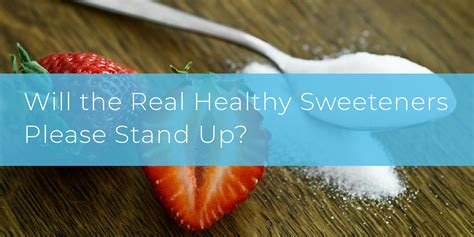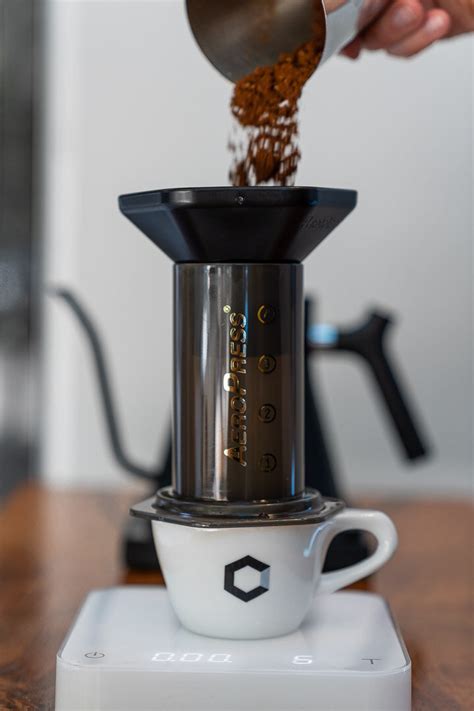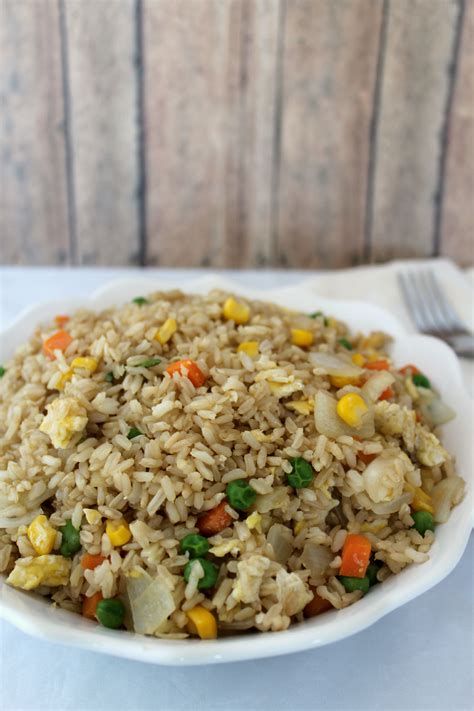A Sweetener Stand-Off
In an effort to slash sugar while still getting a taste of the sweet life, many consumers and food companies have started using stevia in everything from coffee to protein shakes. While the general thought is that stevia leaf extract is healthier than sugar, there are a few important things to bring up in order […] The post Stevia vs. Sugar: A Sweetener Stand-Off appeared first on BODi.

In an effort to slash sugar while still getting a taste of the sweet life, many consumers and food companies have started using stevia in everything from coffee to protein shakes. While the general thought is that stevia leaf extract is healthier than sugar, there are a few important things to bring up in order to declare a true winner in the stevia vs. sugar battle.
What Is Stevia Leaf Extract?
Stevia is a zero-calorie sweetener derived from the leaves of the stevia rebaudiana plant. Some manufacturers take an extract called rebaudioside A from the leaves and add sugar extracts or additives to make their final stevia products.
Other stevia products are 100 percent stevia extract. Either way, stevia leaf extract is about 150–400 times sweeter than sugar, so you use much much less of it when you swap it in.
When it comes to sugar substitutes, stevia has a bit of a “health halo” because it comes from plants, and we tend to think anything from a plant is natural and healthy. But it’s not so black and white.
“Stevia has become a star among calorie-free alternative sweeteners because it comes from a plant, so it’s considered natural. And people are much more comfortable with that since there’s so much controversy with artificial non-caloric sweeteners,” explains Andrea N. Giancoli, MPH, RD.
But most of the time when we consume stevia, it’s not the whole plant. Instead, we’re consuming an extract from the stevia leaf, sometimes with some additives, says registered dietitian and certified athletic trainer Dana Angelo White, RD, ATC.
So just as veggie chips aren’t necessarily “healthy” or “unhealthy,” neither stevia nor veggie chips have health benefits, per se.
However, people have been consuming stevia for centuries, whereas most artificial sweeteners were completely engineered in our lifetimes, so as long as you pick a cleaner version, stevia has a far better track record.
Stevia vs. Sugar: Is Stevia Better?
Although stevia is not necessarily “healthy” in the way that broccoli and apples are, it may be better for some people than consuming sugar, particularly anyone who eats a high-sugar diet.
The American Heart Association recommends that women eat no more than six teaspoons (24 grams) of added sugar a day, and men have no more than nine teaspoons (36 grams), so anything more than that is probably too much.
“The population in general needs to cut down on added sugars, and using stevia as a sugar substitute is one way to do that. It’s so much sweeter than sugar, so you don’t need much of it,” Giancoli says.
And lest you think natural sweeteners like coconut sugar or maple syrup are better for you, remember: They’re all still sugar of some sort and they all have calories. It’s fine to have a little here and there, but moderation is key.
“There is room for all kinds of sweeteners, and there are times where you want to use certain ones like honey because of its delicious flavor,” White says. “But the ‘natural’ label can’t be a justification for eating as much as you want,” including stevia.
Instead, we need to keep the portions of any sweeteners — natural or not — in check and find other ways to reduce our sugar intake.
Does Stevia Have the Same Effect on the Body as Sugar?
Scientists continue to examine stevia vs. sugar in terms of their effect on weight loss, gut health, and more.
Stevia and weight
For those who want to lose weight, stevia may be a helpful ingredient since it has no calories. “If you’re consuming lot of added sugar and use stevia instead, you could potentially eat fewer calories,” Giancoli says.
Just one teaspoon of white sugar will cost you about 16 calories. This may not sound like much, but think about your morning cup of coffee. If you use two teaspoons of sugar per cup, that’s 36 calories. If you have another cup in the afternoon, that gets up to 64 calories.
And that’s just in the instance of coffee. So if you swap in stevia, that can help you save a decent amount of calories throughout the week.
Just keep in mind that just because something uses stevia instead of sugar, doesn’t mean it’s healthy. After all, ice cream made with stevia is still ice cream. Weight loss happens when you cut down on added sugars and calories, eat a healthful, balanced diet, and exercise, Giancoli says.
Stevia and gut health
The impact of stevia on the gut microbiome has become quite a topic of conversation, but the research isn’t terribly conclusive. The studies that may suggest an impact involve animals and large quantities of stevia.
“You’d have to eat large amounts to have any impact, and most of us consume stevia in small amounts,” Giancoli adds.
And for the other option? A diet high in sugar is far more likely impact your gut. One study in mice found that high levels of glucose or fructose in the diet increased intestinal permeability, which impacted metabolic health.
It’s important to note, however, that this study was conducted on mice, meaning the results don’t necessarily translate to humans. More research needs to be done on this topic.
Is Stevia Safe?
Rest assured, stevia is safe to consume. The FDA has acknowledged and reviewed submissions to classify stevia (specifically rebaudioside A, stevioside, rebaudioside D, or mixtures with rebaudioside A and/or stevioside as predominant components) as “generally recognized as safe” (or GRAS) and has not questioned this conclusion.
“If you put this in your coffee or use it casually, it’s fine,” White says. There is some science that backs this one: one study found that consuming 500 milligrams (mg) of stevia three times a day for two years had no significant adverse side effects that were noted.
Note, however, that whole-leaf stevia is not approved as a food additive, and the FDA does not classify it as GRAS.
The post Stevia vs. Sugar: A Sweetener Stand-Off appeared first on BODi.

 mainadmin
mainadmin 










